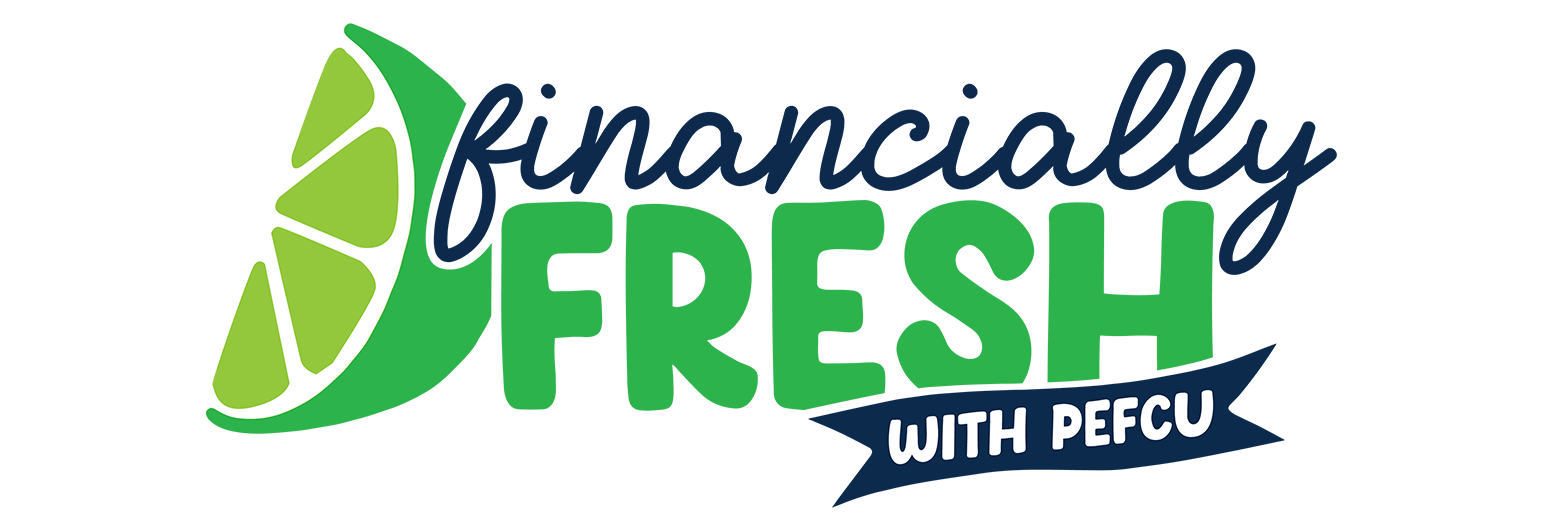October 11, 2021Insurance Terminology You Should Know
Each industry has its own unique terminology, and insurance is no different. Below are 20 common insurance terms and definitions you may encounter when researching coverage for yourself, your family, or your personal assets.
- Deductibles: A deductible is an amount you (the policyholder) agree to pay the insurance company before covering any losses. Along with your standard deductible, you’ll come across other types of deductibles for various losses, such as:
-
- Earthquake
- Flood
- Wind
- Hurricane
- Hail
- Collision Comprehensive
- All-Peril
- Co-Pays: A co-pay is a form of coinsurance that is typically a flat fee you pay before receiving access to any medical treatment. For example, you might have a $50 co-payment clause for each visit to a doctor or $20 each time you pick up a prescription. Co-pays were introduced to decrease the ethical dilemma of individuals claiming minor illnesses like the common cold on their insurance.
- Premium: A premium is an amount you pay your insurer to cover you. Depending upon the type of insurance and the cost of coverage, your premium could be a monthly, semi-annual, or annual payment.
- Exclusions: Exclusions are parts of your policy contract that specify the item or condition not covered by your policy.
- Peril: A peril is a specific cause of a loss (for example, a windstorm, fire, or break-in).
- Claim: A claim is a request from either you (the policyholder) or a third party to the insurance company for compensation of insurance-covered losses.
- Rider/Endorsement: A rider or endorsement is a statement added to your policy that changes, adds, or deletes coverage, provisions, or terms of your policy.
- Insured: The individual(s) or parties are protected or insured by an insurance policy.
- Insurer: The company providing the services and insurance coverage on a policy is known as the insurer.
- Lapse: A time period without insurance coverage.
- Limit: A limit is the maximum insurance coverage or money the insurance provider will pay for a covered claim. Your standard insurance policy is really multiple coverages, and each has its own limit. Therefore, you could have several limits on one policy.
- Actual Cash Value: The value of property damaged or lost at the time of the loss.
- Third-Party: A “third party” is the individual covered by the insurance policy that isn’t the policyholder. For example, if you have third-party coverage and your car crashes with another person’s vehicle, your insurance will cover the repairs for the individual whose vehicle you damaged.
- Warranty: A warranty can refer to a couple of things:
-
- A specific time period that you have to send a defective product back to its seller/manufacturer for reimbursement or
- A type of contract condition
Here, we’re referring to a contract condition to the insurance agreement. If there’s a breach of some type to the condition, it can lead to coverage suspension.
- Additional Insured: Any party or person other than the policyholder who’s added toand covered through the policy.
- Appraisal: The extent of property damage or an estimate of property value given by an authorized individual. An appraisal is performed to decide what the property’s value is at the time of a loss.
- Lease: A lease is a contract that grants occupation or use of the property during a specific period in exchange for a set amount of rent.
- Leaseholder: A person who has use of or possesses property through a lease.
- Lessee: The person a lease is granted to is known as the lessee.
- Liability Coverage: Coverage for property damage or bodily injury to other people for which you’re held liable (as given by state law and your policy).
We’re Here to Help!
Many types of insurance coverage are available today, including auto, homeowner’s, renter’s, life, and health. While each provides protection, it’s essential to understand the coverage before buying a policy.
If you have questions about insurance policies, make sure you ask the insurer or your insurance agent to explain the contract before you sign it. PEFCU has partnered with trustworthy insurance companies that can offer you coverage options that best suit your needs. Please stop by any of our branch locations or call us at 1-800-226-6673.
Each individual’s financial situation is unique, and readers are encouraged to contact PEFCU when seeking financial advice on the products and services discussed. This article is for educational purposes only; it does not constitute legal advice. If such advice or a legal opinion is required, please consult with competent local counsel.


